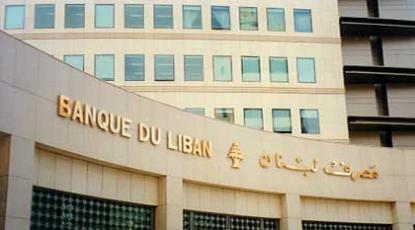S&P Global Ratings Friday downgraded Lebanon’s sovereign debt, saying a twin political and economic crisis had hit investor confidence and constrained the government’s funding model, which relies on deposit inflows.

The move to lower the protest-hit country’s credit ratings to ‘CCC/C’ from ‘B-/B’ with a negative outlook came one day after S&P said it had downgraded three Lebanese banks.
It also came after Moody’s rating agency downgraded Lebanon’s sovereign debt earlier this month, saying sweeping anti-government protests had hit investor confidence and threatened macro-economic stability.
The demonstrations have rocked Lebanon since October 17, forcing the government to resign last month and banks to close.
They were fuelled in part by fears of a currency devaluation and a dollar shortage after banks restricted access to the greenback, causing the exchange rate to spike on the black market.
ATMs no longer dispense dollar bills and banks have capped the amount that can be withdrawn from branches or transferred abroad.
As a result, the exchange rate in the parallel market has surpassed 1,800 Lebanese pounds for every dollar — a spike from the pegged rate of 1,500.
On Friday, S&P said, “diminishing confidence in Lebanon’s governance and economy have led to a reversal in bank deposit inflows, which have historically financed Lebanon’s elevated fiscal and external deficits.”
“Bank closures and unofficial foreign currency transfer restrictions raise questions about the sustainability of the exchange rate regime, further eroding confidence,” it added in a statement on its website.
Even before the protests began, growth in Lebanon had plummeted in the wake of repeated political deadlocks in recent years, compounded by the war in Syria.
Public debt stood at more than $86 billion, or higher than 150 percent of GDP, according to the finance ministry.
S&P on Friday said it expects the general government deficit will average 11.6% of GDP over 2019-2022 and gross general government debt will increase to 169% of GDP by 2022.
It also called for the formation of a technocratic government — a key demand of the country’s protest movement.
“If a new, largely technocratic government is formed within the next month and is able to introduce immediate policy reforms… this could help defuse social tensions and support depositor confidence.”
AFP

Leave a Reply
You must be logged in to post a comment.